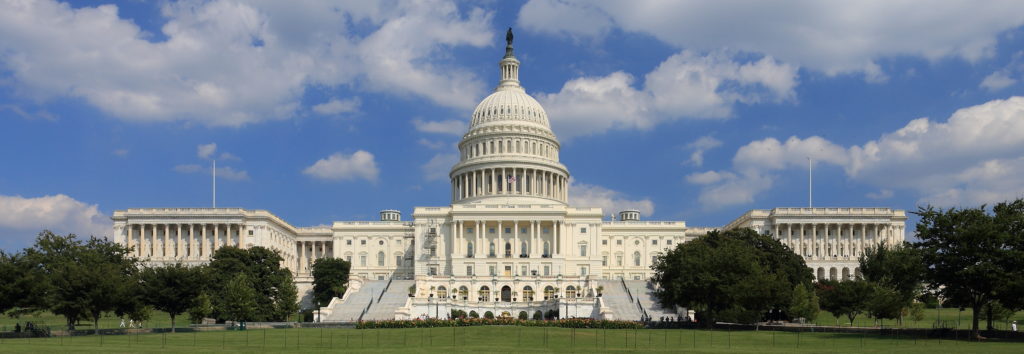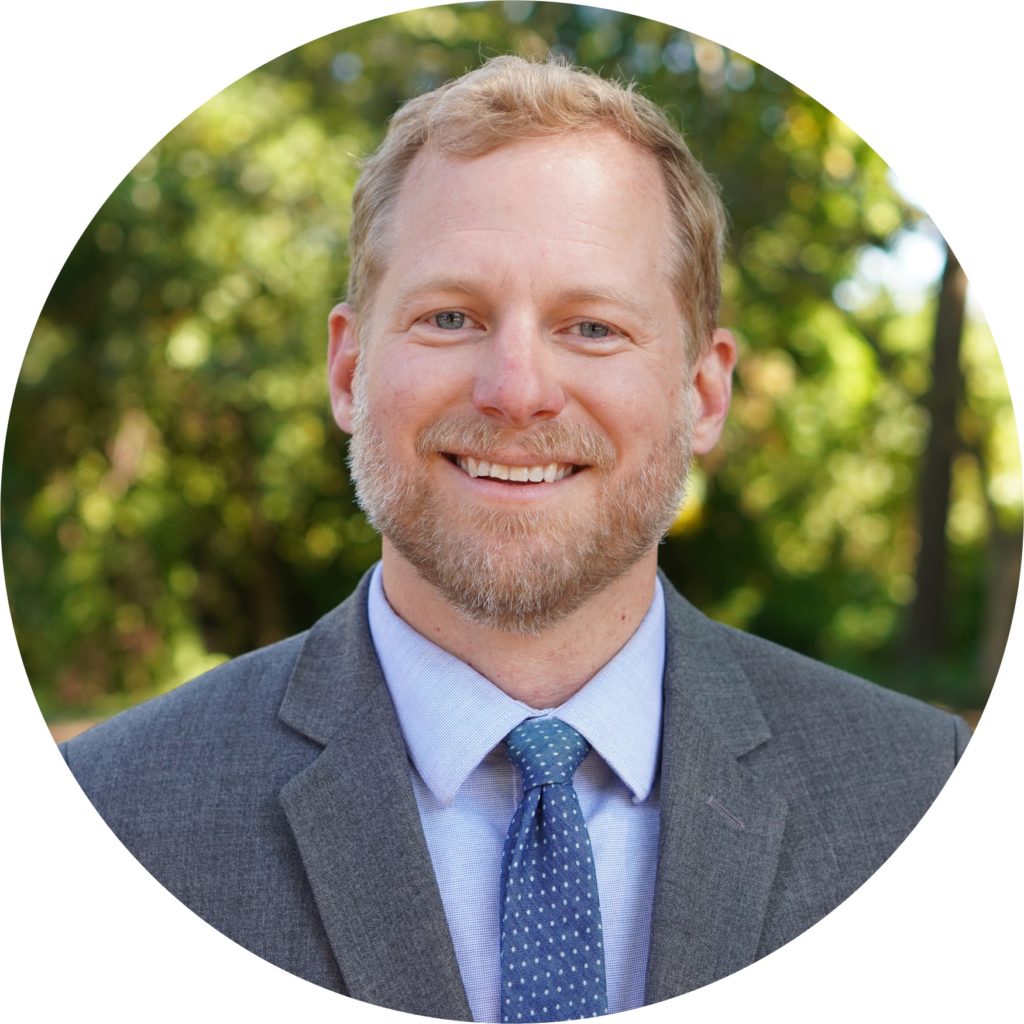
The Religious Freedom Restoration Act at Thirty
West Side of the US Capitol by Martin Falbisoner (CC BY-SA 3.0).
An online symposium and essay series sponsored by the Center for the Study of Law and Religion at Emory (CSLR) and Canopy Forum, featuring scholars, experts and practitioners who will examine various aspects of the Religious Freedom Restoration Act of 1993.
On Thursday, October 19, 11:30am-1:00pm EST, The Center for the Study of Law and Religion and Canopy Forum hosted an online symposium, “The Religious Freedom Restoration Act at Thirty.”
Thirty years ago this November, President Bill Clinton signed into law the Religious Freedom Restoration Act (RFRA). RFRA was birthed from a popular bipartisan effort in Congress to respond to Employment Division v. Smith, a 1990 U.S. Supreme Court decision that upheld as constitutional under the Free Exercise Clause facially neutral and generally applicable laws. Soon after its enactment, RFRA’s scope came under dispute. Today, the contours of the federal statute—and its state law progeny—continue to be a source of litigation and scholarly discussion. This one-day symposium examines RFRA’s origins and evolution and looks forward to its new frontiers.♦

“Shifting Alliances and the Lost Consensus: The Religious Freedom Restoration Act at Thirty”
Kenneth Townsend

“RFRA and the New Thoreaus”
Mark Movsesian

“LGBTQ+ Rights v. Religious Claims: Navigating the Tensions Between RFRA and Title VII”
Adelaide Madera

“Leave Your Conscience at the Court: Religious Tax Protest Before and After RFRA”
Samuel Brunson

“Religious Accommodations and Its Limits”
Farrah Raza
Canopy Forum is accepting rolling submissions for essays discussing the Religious Freedom Restoration Act. This section will be updated as those essays are published.

““Every Conceivable Kind”: Civic Obligations, the Political Community, and RFRA at Thirty”
Steven P. Millies

